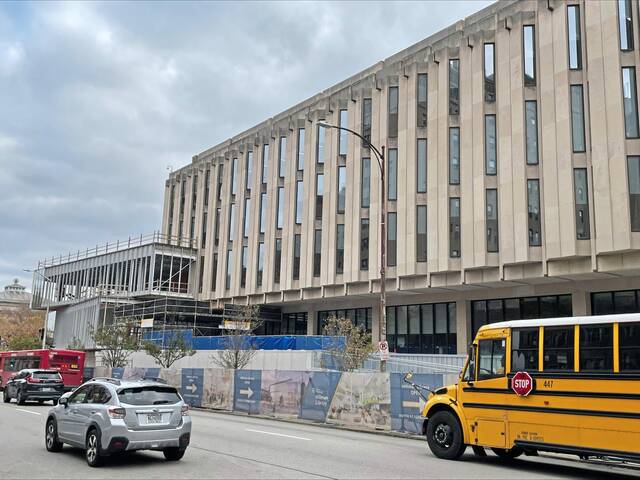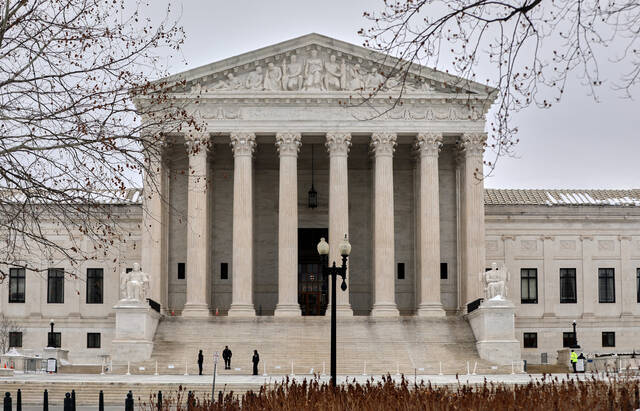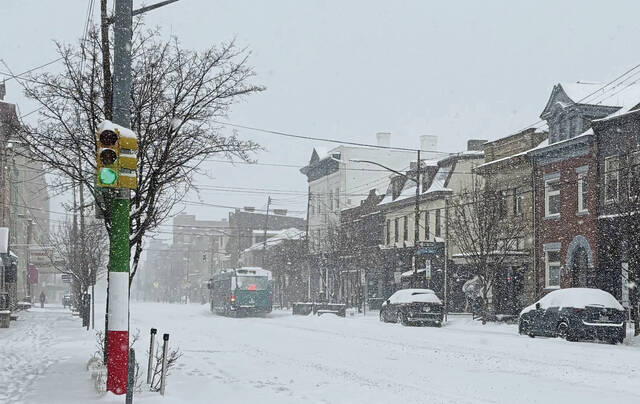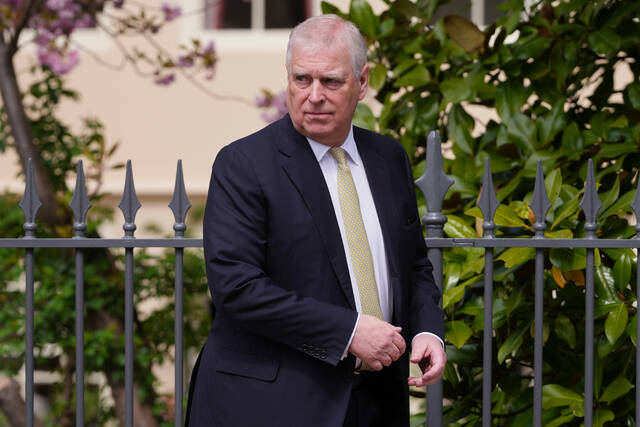Attorneys for Students for Justice in Palestine at the University of Pittsburgh are urging a federal judge to find in their favor and lift a six-month suspension imposed on the club by Pitt officials before the start of the school year.
The American Civil Liberties Union of Pennsylvania, which represents the pro-Palestinian group, has filed a motion for a preliminary injunction in their ongoing federal lawsuit, alleging that their clients will be irreparably harmed if the suspension is not ended prior to its scheduled termination date of Sept. 18.
The court brief said that the punishment, which it calls unconstitutional, must be lifted before Aug. 18.
“In addition to the chilling effect caused by the suspension, (Students for Justice in Palestine) will be precluded from operating during Welcome Week, the time when new students learn about the various registered student organizations at Pitt and how they can get involved,” the brief said. “(The club) will also be unable to hold any events on campus during the first month of the school year. This will hamper (Students for Justice in Palestine) recruitment efforts and prevent the organization from engaging in protected expressive activity in the limited public forum that exists for Pitt student groups.”
In its response, the university said that if the injunction is granted, Pitt would be the entity to suffer harm.
“Pitt’s ability to regulate the conduct and behavior of its students and (registered student organizations) would be compromised, and Pitt would lose its ability to create a suitable climate for education,” its attorneys wrote.
A hearing on the preliminary injunction is scheduled for Aug. 28.
The tension between Students for Justice in Palestine and university officials began in December after the student group held what it called a “study-in” overnight at Hillman Library in Oakland.
On Dec. 9, students gathered with keffiyehs and draped flags across their tables to express solidarity with the Palestinian people while studying for finals.
The protest was shut down by University of Pittsburgh police officers, and administrators later filed disciplinary charges against the organization.
On Feb. 4, a three-person hearing board listened to evidence in the case and took the matter under advisement.
Later that day, Students for Justice in Palestine wrote what they called an Open Letter, signed by about 70 university and community organizations, calling on Pitt officials to drop the charges against them.
The letter, while posted on social media, was also sent to the three university employees who heard the disciplinary case.
Based on the letter, Pitt officials filed additional disciplinary charges against the student group, alleging that they violated the student code of conduct by attempting to influence the outcome of the conduct process.
Pitt also issued an interim suspension against the club.
In April, Students for Justice in Palestine, which first formed on campus in 2009, filed a federal lawsuit against the university alleging a violation of the group’s First Amendment right to free speech.
The lawsuit alleged that Pitt officials were singling out the group for organizing demonstrations protesting against the treatment of people in Gaza by Israel following the October 2023 Hamas attack.
Following a second disciplinary hearing on the new charges in May, the university in June found that Students for Justice in Palestine were not responsible for any violation stemming from the library study-in. However, the panel did reprimand the club for the Open Letter sent to the hearing officers.
The university imposed a six-month suspension of the group — giving them credit for time during the interim suspension. The new punishment is scheduled to lift on Sept. 18.
However, in their filing, Students for Justice in Palestine say that the weeks at the beginning of the school year are essential for recruiting new members. And based on the timing of the punishment, that means they will be unable to participate in any programming for the first month of school.
“The weeks leading up to September 18 are critical to (the group’s) advocacy and long-term sustainability because new and returning students are often most eager and willing to join organizations and engage in expressive activities during Welcome Week and the first few weeks of the semester,” the brief said.
The student group also alleges that the suspension continues to violate their free speech rights. It argued that the university did not have the right to prohibit the speech in the open letter unless it posed “a clear and present danger of harm to the disciplinary process.”
There was no evidence, it did, the brief continued. To the contrary, the members of the panel — who said they objected to receiving the letter — said it did not influence their decision-making on the issue, the court filing said.
The brief also alleges that the suspension is retaliatory for the student group’s underlying protest activity. It called the suspension pretextual.
“Pitt seized on the Open Letter as a justification to punish (Students for Justice in Palestine) for its controversial, but constitutionally-protected, speech,” the brief said. “Pitt’s actions are plainly intended to silence (the club) and other groups on campus that wish to speak out about Palestinian human rights or against the Gaza war.”
But the university said in its response that the student group wasn’t suspended for what they said.
“At no time did Pitt charge or sanction (Students for Justice in Palestine) because of the political viewpoint that it, or its members, expressed,” Pitt attorneys wrote.
Instead, they continued, it was to whom the message was sent.
“Put simply, just as extrajudicial expression to a jury to intimidate is not protected speech under the First Amendment, sending a letter (the group) has conceded was ‘likely’ to intimidate factfinding panel members is not protected speech, full stop,” they wrote.
The open letter, university lawyers said, was made “with the intent to influence the outcome of a specific case.”
The university said that the student group also is unable to demonstrate irreparable harm, required for an injunction.
”(Students for Justice in Palestine’s) members are free to engage in any other campus activities, as is any other student,” Pitt’s lawyers wrote. “All that (the club) has lost are the privileges of being (a registered student organization), which do not ‘rise to the level of the deprivation of a right secured by the Constitution requiring judicial relief.’ ”








